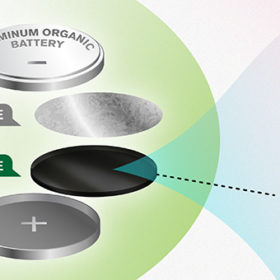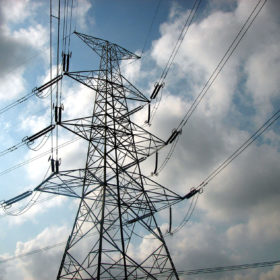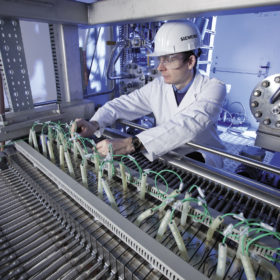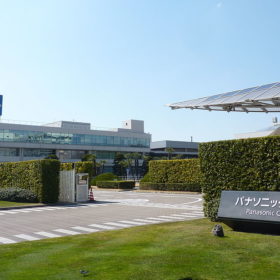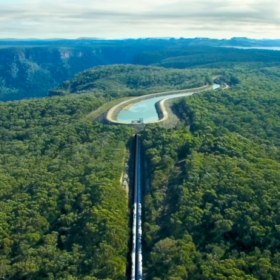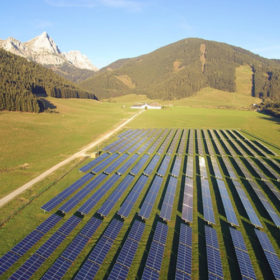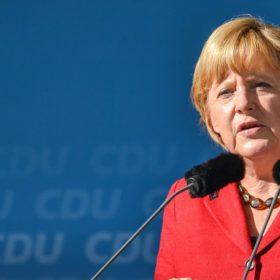New aluminum batteries for renewables storage
The devices, developed by a European research team, are said to have twice the energy density of conventional aluminum devices. The scientists used a cathode made of anthraquinone, instead of one based on graphene, increasing energy density.
Solar-plus-storage to provide all the daytime electric needs of nation state
A 6 MW solar plant and 5 MW/2.5 MWh storage system are set to increase the share of renewable electricity on the Pacific island of Nauru from 3% to 47%. The $27 million project is being supported by the Asian Development Bank (ADB).
Turkey to introduce provisions for storage
The Turkish Energy Market Regulatory Authority has published draft guidelines for the integration of storage in the energy system. The new provisions are expected to come into force at the beginning of next year.
Northern Ireland grid aims to be ready for 95% renewables
The U.K. province’s grid operator SONI has announced a £500 million plan to prepare the network for an almost fully renewable electricity system within just five years. Despite the U.K. being seemingly paralyzed by Brexit, the network operator says it can already cope with 65% clean energy in the mix.
The slow, inexorable rise of green hydrogen
The International Renewable Energy Association says the integration of hydrogen into the energy transition will not happen overnight and electrolysis costs will not be halved until the 2040s. That hydrogen and related products could revolutionize the world energy landscape, however, is not in doubt.
Panasonic launches new residential solar battery
The Japanese electronics manufacturer said the EverVolt storage system is available in the U.S. market in AC and DC-coupled versions, with a storage capacity ranging from 5.7-34.2 kWh, depending on the model chosen.
China set for 40 GW of pumped hydro storage next year
The showpiece 3.6 GW Fengning county project which will offer grid services and back-up power at the 2022 Winter Olympics is part of a 31.15 GW construction pipeline of projects, many of which are set to come into service next year.
Ethiopia’s plans for solar mini grids move forward
The Ethiopian Electric Utility is seeking proposals for 25 mini grid projects which are being backed by the African Development Bank.
Austria scraps its sun tax
The nation’s political parties have found agreement on a green electricity package which is expected to create stable conditions for the next three years. From next year, €36 million will be made available annually for the further support of PV systems and energy storage.
Germany lifts cap on solar FIT program with new Climate Change Act
While the solar industry will welcome the move, the feed-in tariff paid to small systems is still reducing thanks to the volume of new capacity installed every quarter. Announcing a wide-ranging policy package on Friday, Angela Merkel admitted Germany will miss the carbon emission target set for next year.
